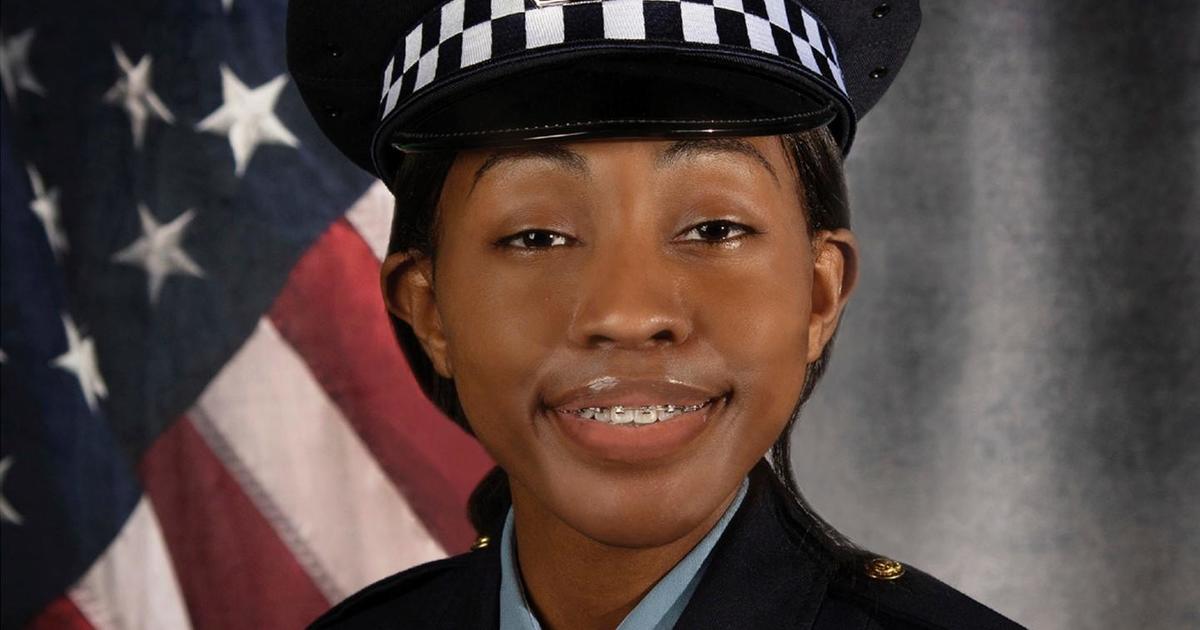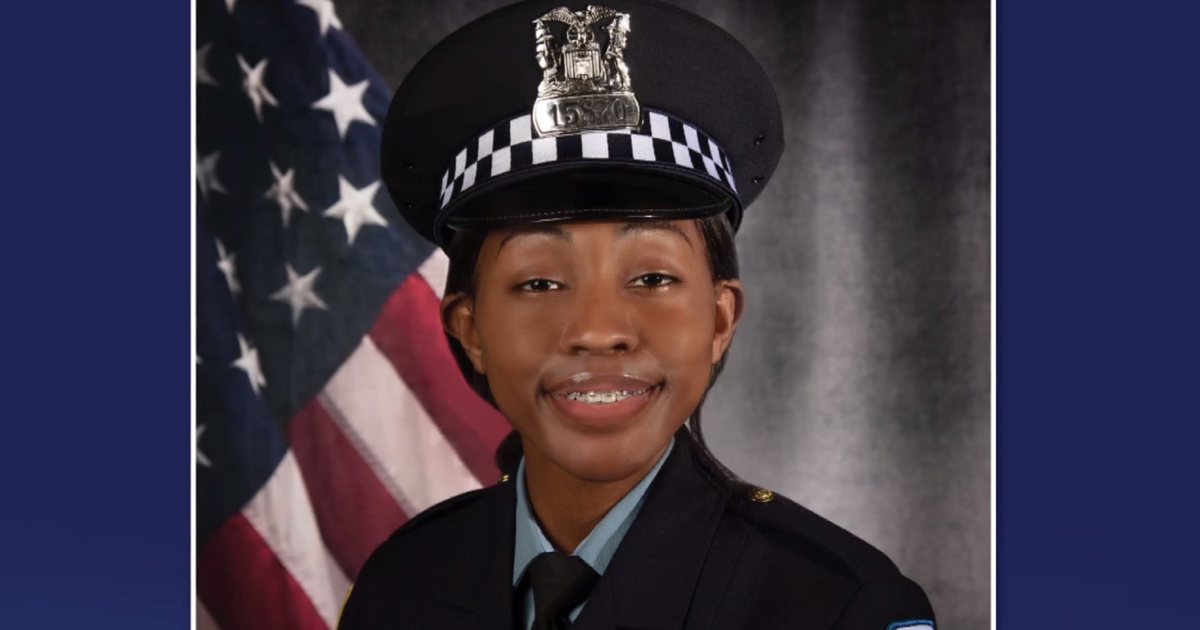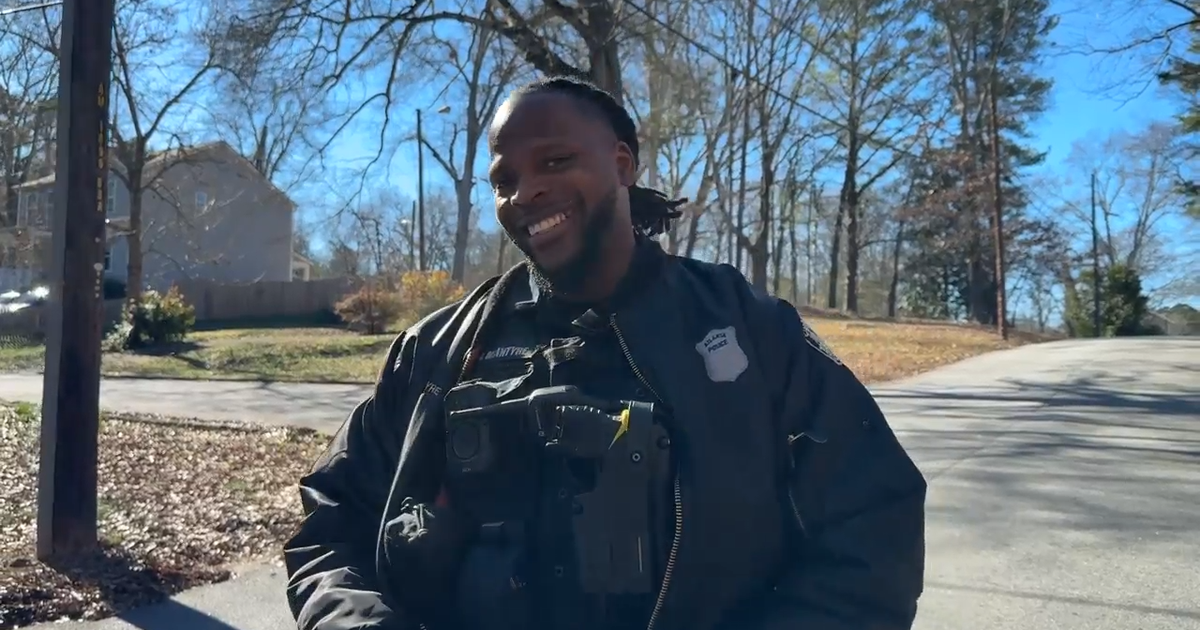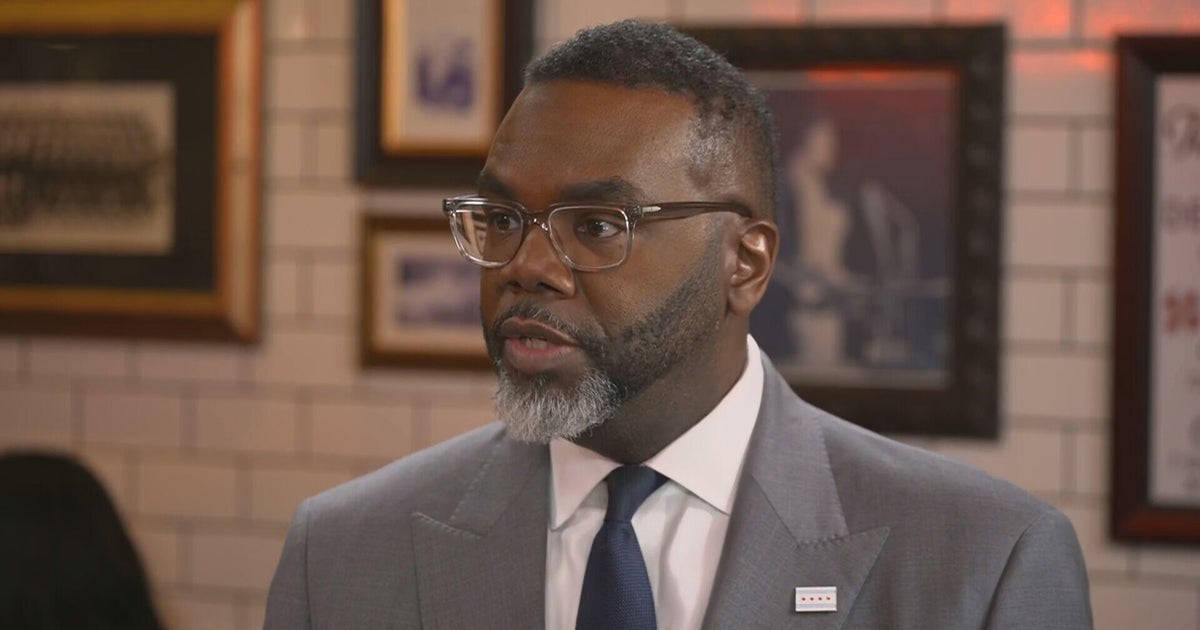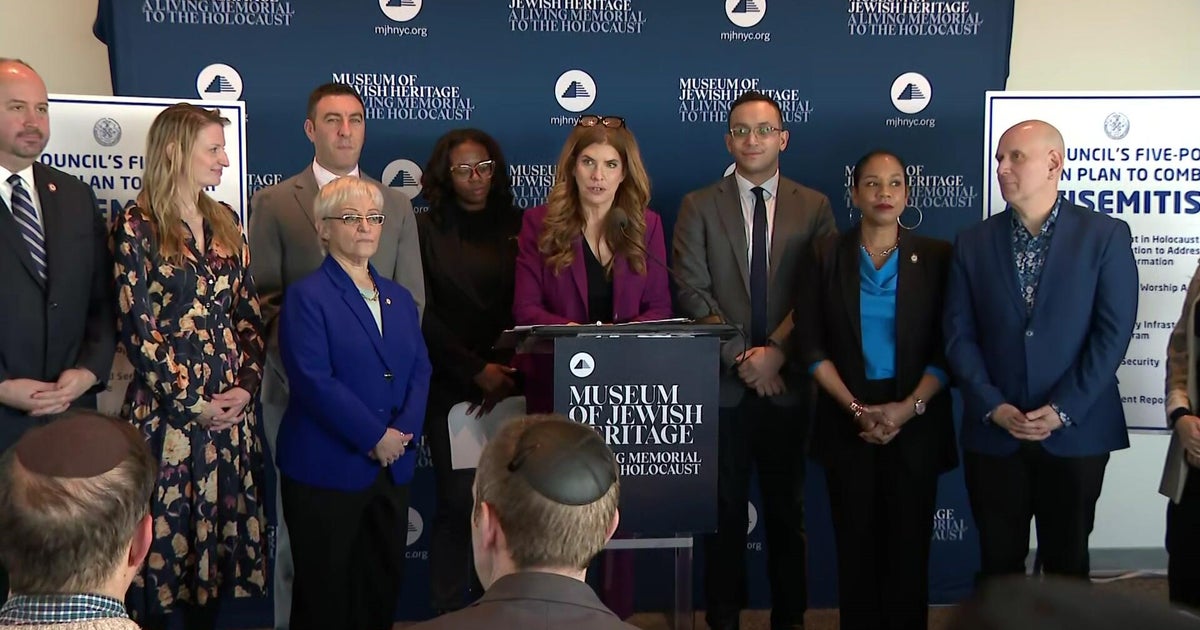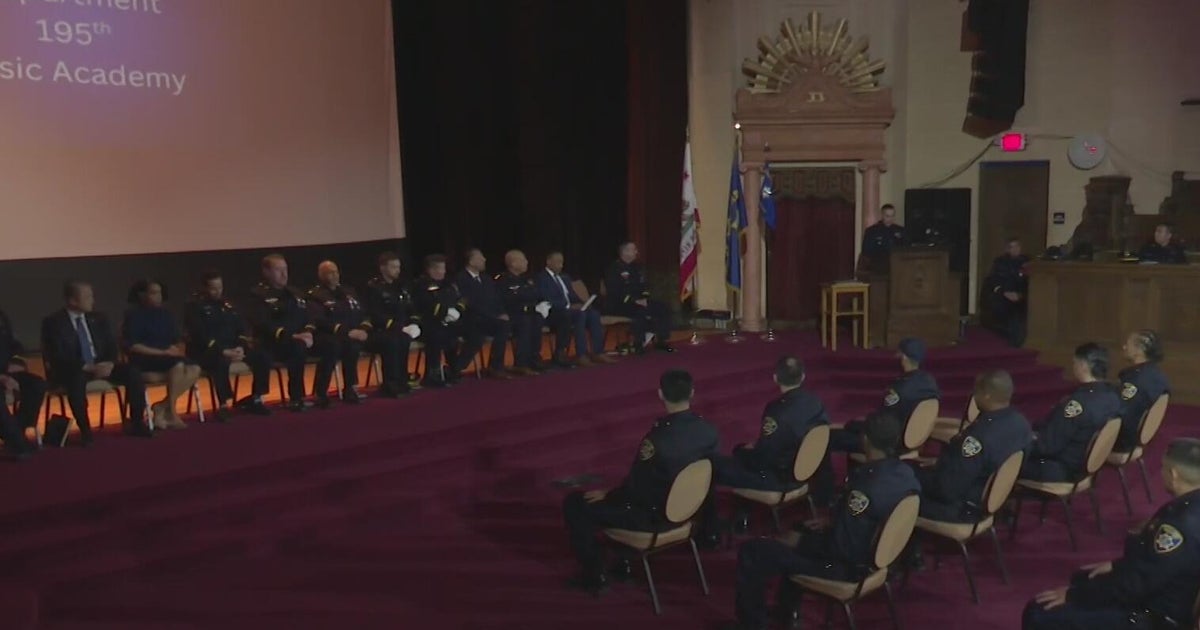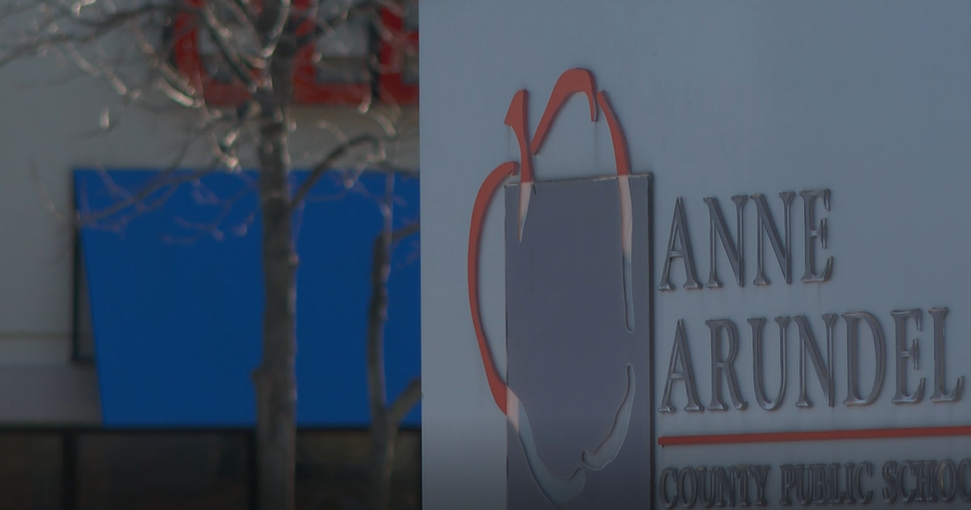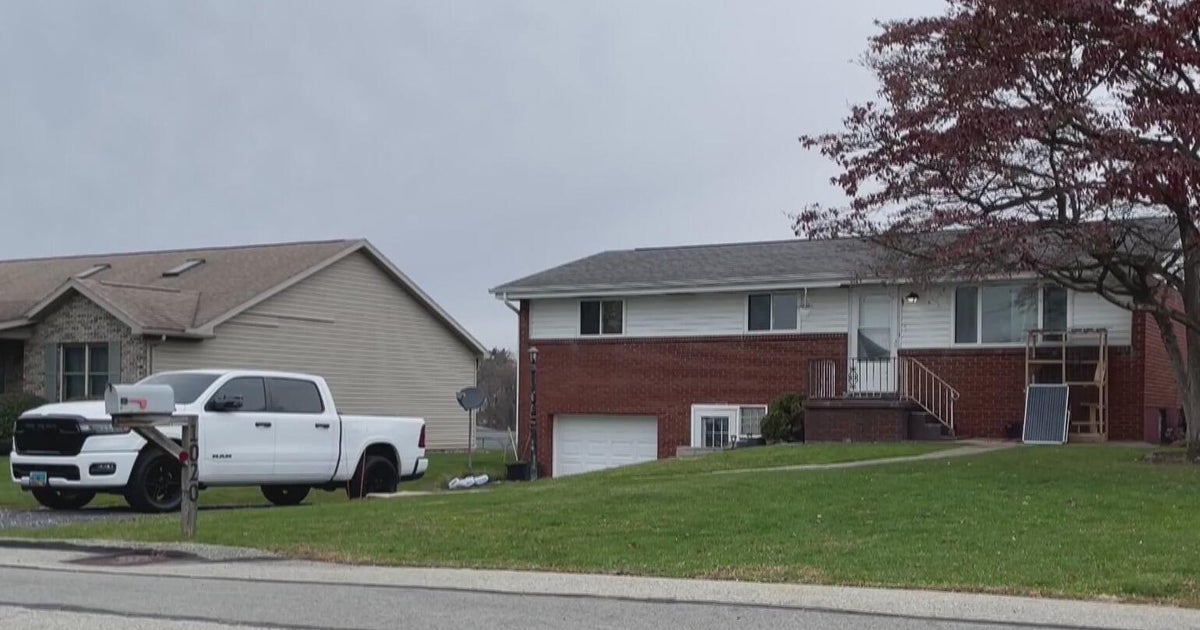Aldermen Urge CPD To Reconsider Budget Cuts To Community Policing, Even Though No Layoffs Are Included
by Todd Feurer, CBS Chicago web producer
CHICAGO (CBS) -- With the Chicago Police Department still working to repair a public image that has taken a major beating in recent years, aldermen on Monday urged Supt. Eddie Johnson to reconsider plans to eliminate 16 vacant positions in the budget for community policing.
Even though top brass assured aldermen that, by cutting only vacant positions, they would not be reducing any community policing programs in 2020, the topic still proved a sore point for several members of the City Council.
Several aldermen noted the department has stressed the need to rebuild public trust in recent years, in particular following the shooting death of Laquan McDonald in 2014, and said cutting the budget for community policing sends the wrong signal, even if it only means eliminating vacant positions.
Ald. Chris Taliaferro (29th), a former police officer who chairs the City Council Public Safety Committee, was one of a handful of aldermen who suggested the department instead should be considering an increase in the community policing budget, given its focus on improving its relationship with the community.
"We have to continue to build trust at all times between the police and the public, and to reduce that budget takes me back to when we were in 2007, and those programs were cut, and I think we had a very wide gap between community and police trust as a result of that," he said.
Several other aldermen also urged Johnson not to eliminate any community policing positions from the budget.
"I firmly believe the disconnect between our communities and the department is because we took those resources out of neighborhood relations and CAPS years ago, focusing back on just putting officers on the street," said Ald. Jason Ervin (28th), who chairs the City Council Black Caucus. "I think we definitely need to have those organizers back in play."
Ald. Harry Osterman (48th) said, if those 16 vacant positions the department plans to eliminate aren't going to be used for the community policing program – known as the Chicago Alternative Policing Strategy (CAPS) – he would like to know how CPD would use those positions if they remained in the budget for 2020.
"If you don't want to use them as community organizers – as we would know CAPS officers – if you want to use them as youth organizers, if you want to use them as anything else that's engaging with the youth, I want you to put that together," Osterman said. "I feel really strongly about this, and I think a lot of my colleagues feel the same way."
Johnson said he could provide that to aldermen through the City Council Budget Committee by the end of the week. The superintendent later told reporters the department would take another look at its plans for the vacant positions in community policing.
"I think we, as well as the aldermen, understand that the best thing that we can do as a city is to build these relationships between the community and the police department," he said.
Johnson said he was a district commander in the late 2000s when the city reduced its budget for the CAPS program, and he still remembers how disappointed many in the community were with that decision.
"I think, in listening to the aldermen today, we have to sit back down and look at exactly where we're going to put those positions, because the basic foundation to reducing crime in this city is the relationship between the community and the Police Department."
Meantime, following a hiring surge in recent years, Johnson said the department now has a force of 13,300 officers, and he said he expects hiring to keep up with attrition in 2020. The department's next hiring exam will be held in January.
The department also is on pace to significantly reduce overtime costs, from more than $200 million last year to about $141 million in projected overtime costs this year.
Johnson also said it should be easier to keep a handle on overtime costs in 2020, now that the department has switched away from a paper system for tracking overtime, which led to a two-month lag in calculating overtime costs.
Now that officers are required to swipe in and out at the beginning and end of their shifts, the department can track overtime costs in real time, and next year only district commanders and above would be allowed to approve overtime.
The department also plans to reopen two detective areas in 2020. The Harrison Area and Grand Central Area detective bureaus – on the West and Northwest sides, respectively – were closed in 2012, and the department has said reopening them in 2020 will cut down on travel time for detectives, and allow them to spend more time investigating cases.
The mayor's office also plans to consolidate the department's administrative functions with those of the Fire Department and Office of Emergency Management and Communications under a new Office of Public Safety Administration headquartered at 35th and Michigan.
That office, with a budget of more than $34 million and over 400 employees, would merge the three departments' administrative offices under largely civilian staff, allowing 151 police officers and 11 firefighters to be moved back to the streets.
